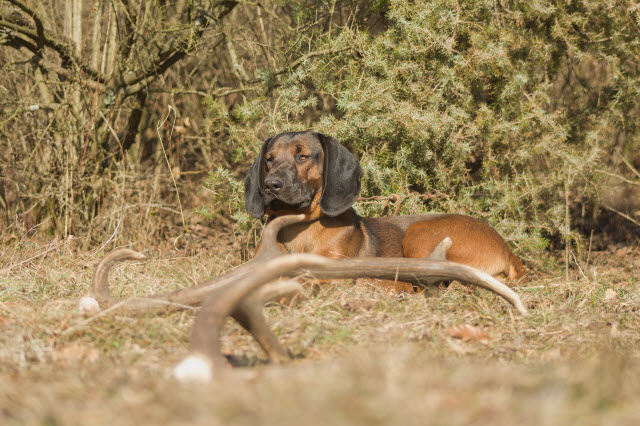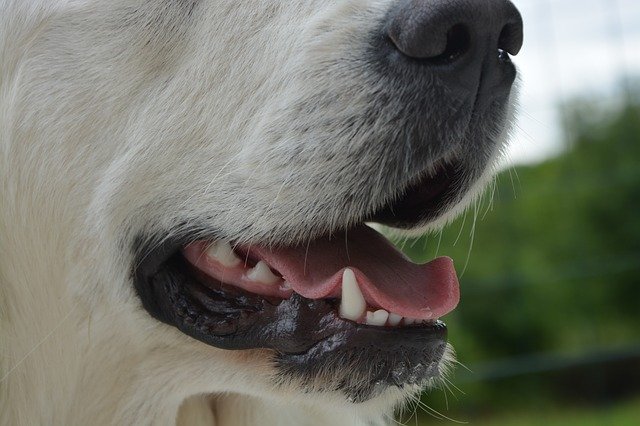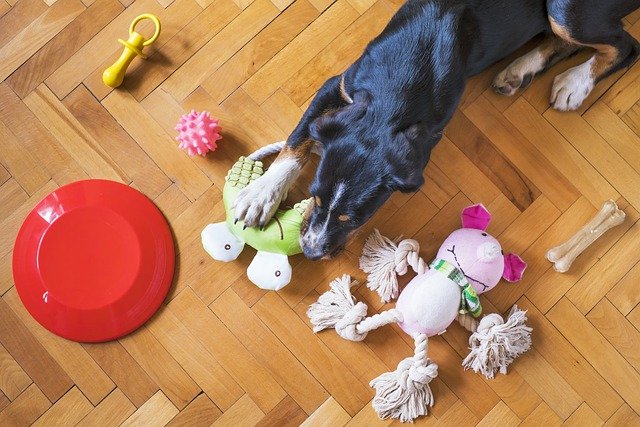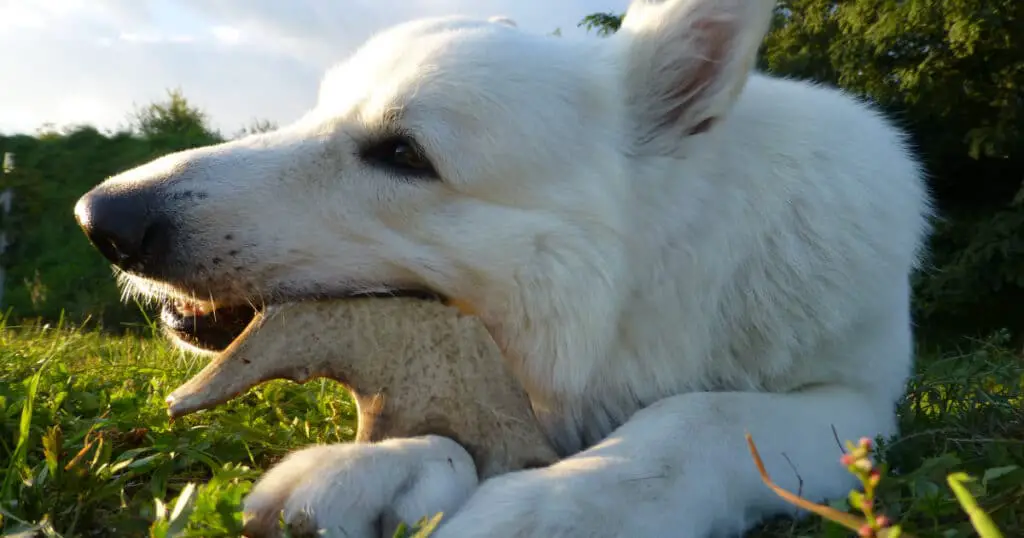Dogs love to chew and, given the choice, they will clamp down on almost anything, whether it is good or bad for them. One of the challenges of owning a puppy and raising it to become an adult dog is understanding what it can and cannot safely chew on. Sure, you already know your dog should not be chewing your favorite pair of shoes, but are deer antlers safe for dogs?
Attractive Qualities of Deer Antlers For Dogs
Many dog owners get confused about natural materials. They think if it occurs in nature it should be good for the dog to chew and consume.
Sadly, that’s not always the case as some bones and other animal materials can cause problems for dogs. Does this include deer antlers?
Answered: Are Deer Antlers Safe for Dogs?
No, deer antlers are not completely safe for dogs. While many people have given their dogs antlers to chew on without incident, there are risks that can be expensive to treat.
Let’s dig in to get a more complete picture.
Why People Give Deer Antlers to Dogs
At first glance, deer antlers seem like an ideal chew toy or treat for your pet. They don’t shard and splinter, so they seem to be safer than leftover bones from your cooked meat. Rawhide chews also look less appealing because can often cause blockages in the digestive system.

Another attractive quality of antler chews is that they are strong and tough, so they can last a long time. This may look like it will save you money on a weekly trip to the animal store for new chews.
So, what’s not to like?
Well, while deer antlers are an interesting chew material for fido, there are some things you need to consider.
What Antler Chews Are Available?
Natural does not always mean what it says on the label. It is best to avoid any chew toys that have been treated with chemicals or other sprays to make them last longer.
It’s also worth remembering that there are different types of antlers in the animal kingdom. Some antlers will be harder than others, while there are also different textures.
For example, moose antlers are softer than others (such as the hard elk antlers).
Generally deer antlers are stronger than other types of chew material.
Deer Antlers Can Cause Severe Dental Injuries
One of the biggest misconceptions of dog ownership is buying hard chew toys and allowing your dog to gnaw on them is helpful to its teeth.

Certainly, the chewing process helps to remove plaque and tartar. It is also a good way to reduce stress and keep your pup occupied. If you have a voracious chewer, then you may see a hard chew toy as more appealing because your dog will chew through other materials so quickly.
The Downside of Hard Chew Toys
The truth is, there is a huge downside to hard chew toys.
Antlers and other hard materials, both natural and man-made, can cause broken teeth in dogs. Just like with humans, a broken tooth is very painful and can become infected.
In other words, if your dog breaks a tooth, you are guaranteed a very expensive trip to the vet. You may even need to see a specialist veterinarian dentist.
These injuries can cost thousands of dollars to fix and they cannot just be left due to the suffering they will cause your dog and the risk of infection. If you don’t have pet insurance, then you will be on the hook to pay out of your own pocket.
Again, this can happen with any hard chew toy and is not an exclusive risk to dogs chewing on antlers. Even raw bones can cause broken teeth.
Still, it is something worth considering when deciding whether to buy a natural chew toy for your dog.
A good general rule used by most vets is the “knee cap rule” – if you wouldn’t want to hit your knee cap with it, then it is too hard for your dog to chew on and risks tooth injury.
Some of the Reasons Why Deer Antlers Aren’t Safe for Dogs
Dental issues are not the only problem your dog could face.
In fact, the most serious risk is what could happen inside your pet. Antlers, like most natural materials have a breaking point where they can snap and come apart. These individual parts can become stuck in the throat, stomach, or intestines and cause your dog to choke or create a blockage.
Beyond a blockage, there is a risk that it could puncture the delicate tissues of the digestive tract.
In these situations, emergency surgery is often necessary. That is another very expensive vet bill in the thousands of dollars.
Just like with dental side effects, these problems are not exclusive to antlers.
In fact, any hard chew material you select will come with the same risks, such as bone or rawhide.
Some owners have been giving antlers to the dog for years without incident. However, good luck in the past is no guarantee of safety in the future. This is why most veterinarians advise dog owners against giving antlers or other hard materials as a chew treat.
But My Dog Loves to Chew!
You may be wondering what to do if you cannot give your dog antlers or other hard materials to chew.
Bones, rawhide, and antlers are all off the menu, but that does not stop your dog from loving to chew.
Furthermore, there are clear benefits to chewing such as relieving stress, focusing attention, and helping your pup avoid boredom.
Selecting chew toys that are softer or have some flexibility can help.

There are also other mentally stimulating activities that are safer than chewing but will keep your dog occupied.
A rubber Kong filled with frozen goodies like peanut butter or broth can last a while.
There are also puzzle feeders that will help immensely to tire Fido out.
It is also important that the chew toy you choose never fits completely into your dogs mouth. That is a choking incident waiting to happen. They can also get stuck in your dogs mouth and create a very distressing situation.
There Are Much Better Alternatives to Antler Chews
While we assume animals are better suited to natural solutions, that is not always true.
In fact, man-made materials can often be safer for chewing provided they are manufactured to adhere to safety standards.
Deer antlers aren’t completely safe for dogs – there are risks that can be very expensive to treat.
The best advice is to speak to your vet. They will be able to recommend the best chewing alternatives to antlers and other natural materials.


